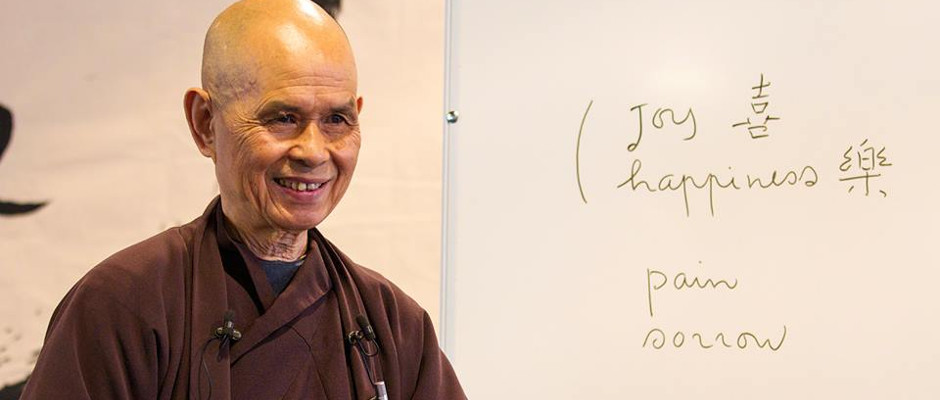What happens to a dream deferred?
Does it dry up
like a raisin in the sun?
Or fester like a sore—
And then run?
Does it stink like rotten meat?
Or crust and sugar over—
like a syrupy sweet?
Maybe it just sags
like a heavy load.
Or does it explode?
This week, with its dream of justice denied, Ferguson, Missouri, exploded. A grand jury declined to indict a white police who shot and killed a black teenager. Riots started immediately -- buildings burned, police fired tear gas, looters stepped in, the media covered it all, and commentators condemned the rioting, forgetting the spark and the underlying fuel that fed the fires.
What is the sound of an unheard scream of anguish? Violence. A riot demands to be seen, the pain it expresses cannot be ignored.It is not enough for me to stand before you tonight and condemn riots. It would be morally irresponsible for me to do that without, at the same time, condemning the contingent, intolerable conditions that exist in our society. These conditions are the things that cause individuals to feel that they have no other alternative than to engage in violent rebellions to get attention. And I must say tonight that a riot is the language of the unheard. Martin Luther King Jr.
Anger is an intelligence and an energy. It needs release. Or it explodes.
What if there was another way to be heard? What if there was space for that energy to flow without being met by a countering aggression?
What if, during the six or seven hours between when the grand jury said it had made a decision and the announcement of that decision, President Obama had flown to Ferguson and promised to stay there until everyone was heard? If he sat behind a table and invited people to line up and speak -- and he would listen -- sharing their emotions but focusing of how the process could change to include them? If he called the Secretary of State back from wherever in the world she was and brought in VP Joe Biden and the attorney general or a top representative? If he convinced CNN to carry every minute of it live until everyone had their say?
What if we made space for the anger, acknowledged it, and respected it instead of trying to repress it and shame those who feel it? Could we then find the wisdom?
In Tibetan Buddhism, there are masculine and feminine aspects, both of which must be present in all genders for their to be balance. The feminine aspect is space, and the masculine is action. For centuries, the world has been dominated by the masculine -- an action demands an immediate reaction -- and space, which allows for other possibilities, has been closed off. That needs to change.
In Tibetan Buddhism, there are masculine and feminine aspects, both of which must be present in all genders for their to be balance. The feminine aspect is space, and the masculine is action. For centuries, the world has been dominated by the masculine -- an action demands an immediate reaction -- and space, which allows for other possibilities, has been closed off. That needs to change.
In the Tibetan Buddhist system of wisdom energies, anger and clarity arise together. If we get stuck in the anger, we can't see clearly what is there and what needs to change, let alone how it can be changed.
The wisdom energies are arranged in a mandala -- the Tibetan word, khilkor, is more descriptive. It means center and swirl, and it presents a way of understanding how energies move or get stuck.
At the center is the Buddha family, whose wisdom aspect simply allows things to arise, without filters; the confused aspect is ignorance or ignoring or suppressing. In the east is the Vajra family of clarity and anger. To the south is Ratna, equanimity -- respect for all things equally -- or pride, valuing one thing above others. To the west is Padma, which is desire for a particular outcome or thing in its confusion but is discriminating awareness in wisdom; Padma sees the best option. And Karma, in the north, is all-accomplishing action, carrying out the option Padma sees. Or its envy of those who have it with no movement to accomplish it.
If the energy swirls through, a new state arises and the process begins again.
I imagine that enlightened people move through that at lightning speed. The rest of us get stuck. This can be a useful way of seeing where -- and what's needed to get the energy moving. Stuck in anger -- what is it pointing to, what is the clarity? Stuck in envy? Look with discriminating awareness at what you want.
The first step, though, is to listen -- personally and as a society. Where are we stuck? What can we do to move to the next step? Then do it.


 This might seems a bit disengenuous, crass (
This might seems a bit disengenuous, crass (



